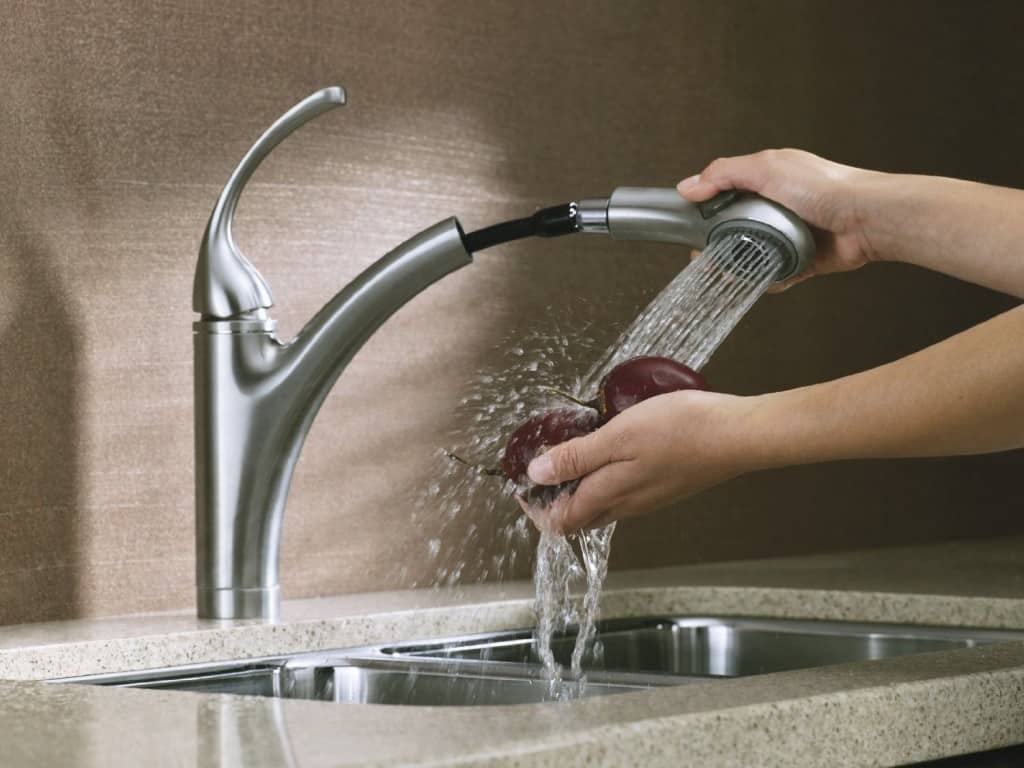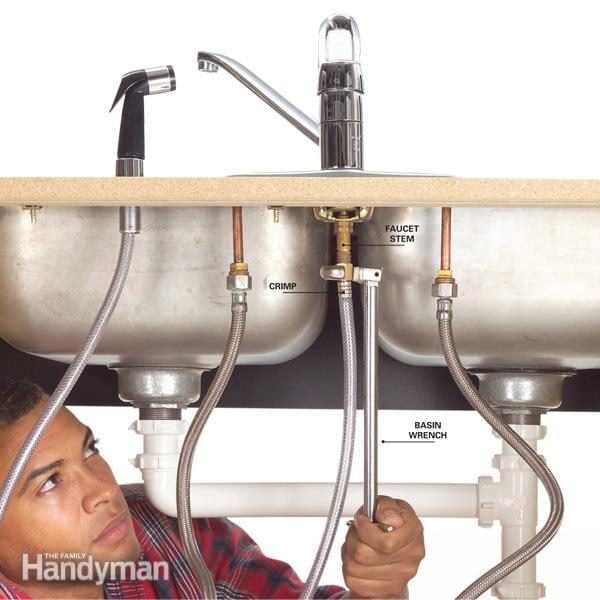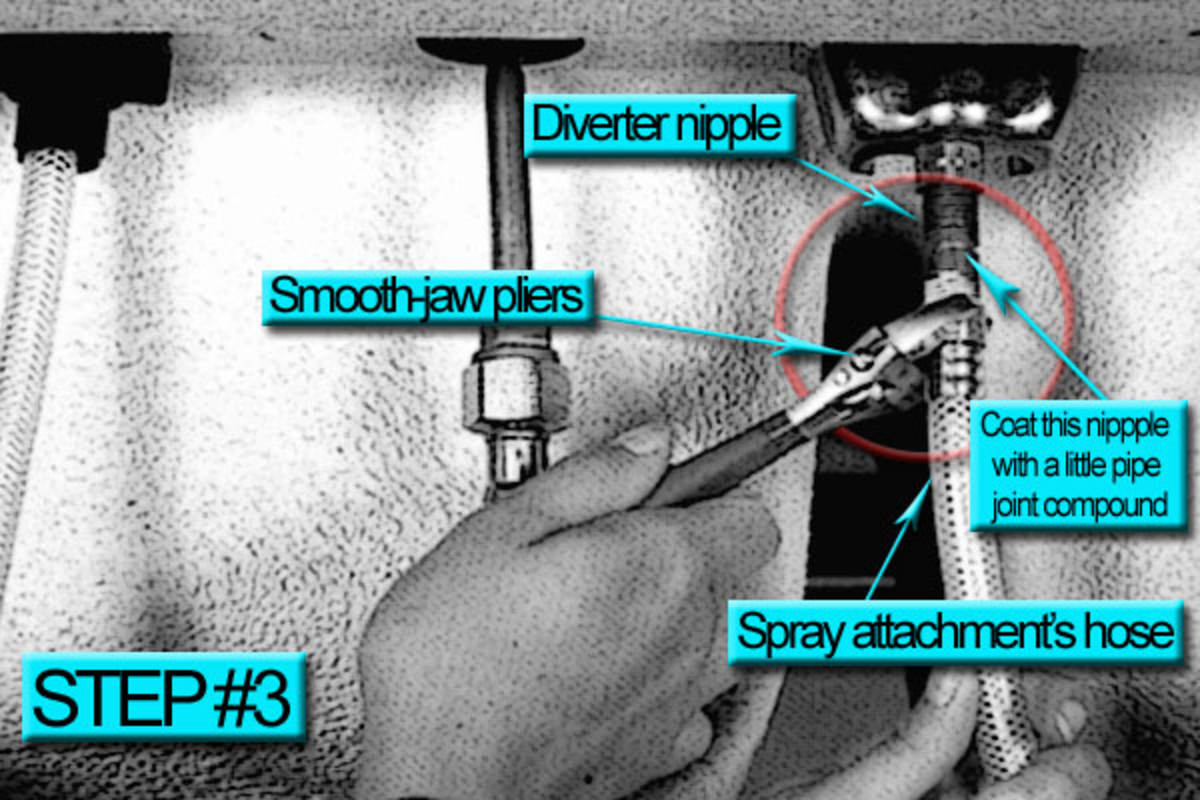Replacing Your Kitchen Faucet Hose
A worn-out kitchen faucet hose can cause leaks and reduced water pressure. Most modern pull-down faucets feature replaceable hoses that connect the spray head to the water supply. Start by turning off the water valves under the sink before disconnecting the old hose. Use adjustable pliers to loosen the compression nuts securing the hose to the supply lines and spray head. Measure the existing hose length and diameter to ensure the replacement matches. Stainless steel braided hoses offer durability and resist kinking better than plastic models. Always check manufacturer specifications for compatible replacement parts.
Choosing the Right Replacement Hose
Select a hose that matches your faucet’s make and model for proper fit. Stainless steel braided hoses resist corrosion and last longer than rubber alternatives. Look for hoses with ceramic disc valves to prevent leaks at connection points. High-flex hoses maintain water flow when extended without tangling. Quick-connect fittings simplify installation compared to threaded models. Consider hoses with built-in weight systems for smoother retraction. Verify the hose length suits your sink’s dimensions – too short limits mobility, too long creates clutter. Quality hoses include washers and O-rings for leak-free connections.
Step-by-Step Hose Replacement
Begin by placing a towel in the sink cabinet to catch residual water. Disconnect the spray head from the old hose using pliers if necessary. Unscrew the supply line connections under the sink carefully to avoid damaging pipes. Remove any mounting clips securing the old hose to the faucet body. Feed the new hose through the faucet neck and reattach to the spray head first. Connect the supply lines hand-tight before finishing with a quarter turn using pliers. Test for leaks by turning water on gradually before using normally. Ensure the hose retracts smoothly without catching on cabinet contents.
Preventing Future Hose Issues
Regular maintenance extends your new hose’s lifespan. Periodically check connections for mineral buildup that could cause leaks. Clean the hose with vinegar to remove hard water deposits affecting water flow. Avoid pulling the spray head at extreme angles that stress the hose. Install a hose guide if the faucet lacks one to prevent kinking. Replace washers annually to maintain watertight seals. Consider installing a water pressure regulator if excessive force strains the hose. Keep the area under the sink organized to prevent objects from damaging the hose. These practices help avoid premature replacements.
When to Call a Professional
Some hose replacements require expert assistance. Seek professional help if supply line valves are stuck or corroded. Complicated faucet designs with integrated hose systems may need special tools. Persistent leaks after DIY replacement suggest improper installation. Low water pressure continuing after hose replacement could indicate larger plumbing issues. If the faucet itself needs replacement along with the hose, a plumber ensures proper installation. For high-end faucets still under warranty, professional service preserves coverage. Complex under-sink plumbing configurations often benefit from experienced handling to prevent water damage.
Images about Change Kitchen Faucet Hose

How to Change the Faucet Hose in a Kitchen Sink (with Pictures)

Faucet quick-connect removal (on kitchen faucet spray hose) This one was on a Project Source faucet.

How To Replace a Pull Down Faucet Hose

Replace a hose in your pull out kitchen faucet Capitol Kitchens

How to Fix a Leaking Sink Sprayer (DIY) Family Handyman

How to Replace a Kitchen Sink Sprayer Hose

Installing a Pullout Kitchen Faucet Moen Guided Installations

Moen Pullout Kitchen Faucet Replacement Hose Gray Faucet Spray

How to Change the Faucet Hose in a Kitchen Sink (with Pictures)

Kitchen Faucet Hose Replacement – Moen Pulldown Spray Hose

Danco Grey Faucet Spray Hose (Vinyl 57-in)

Related Posts: